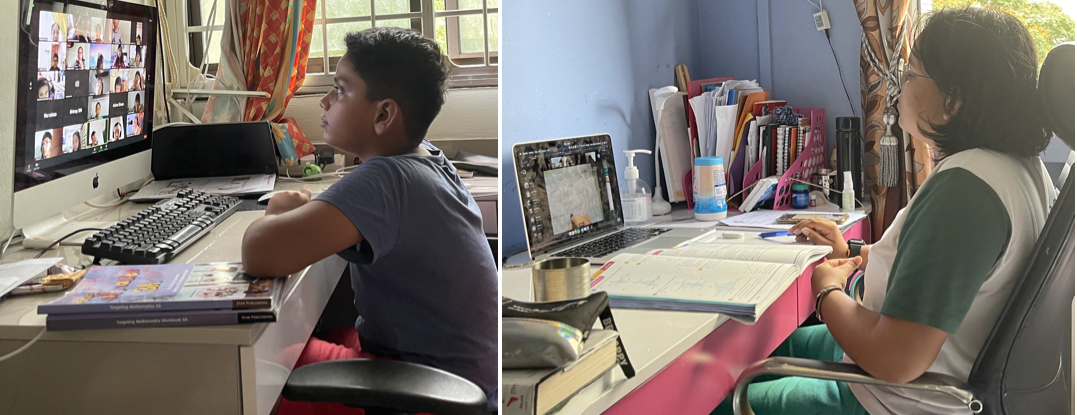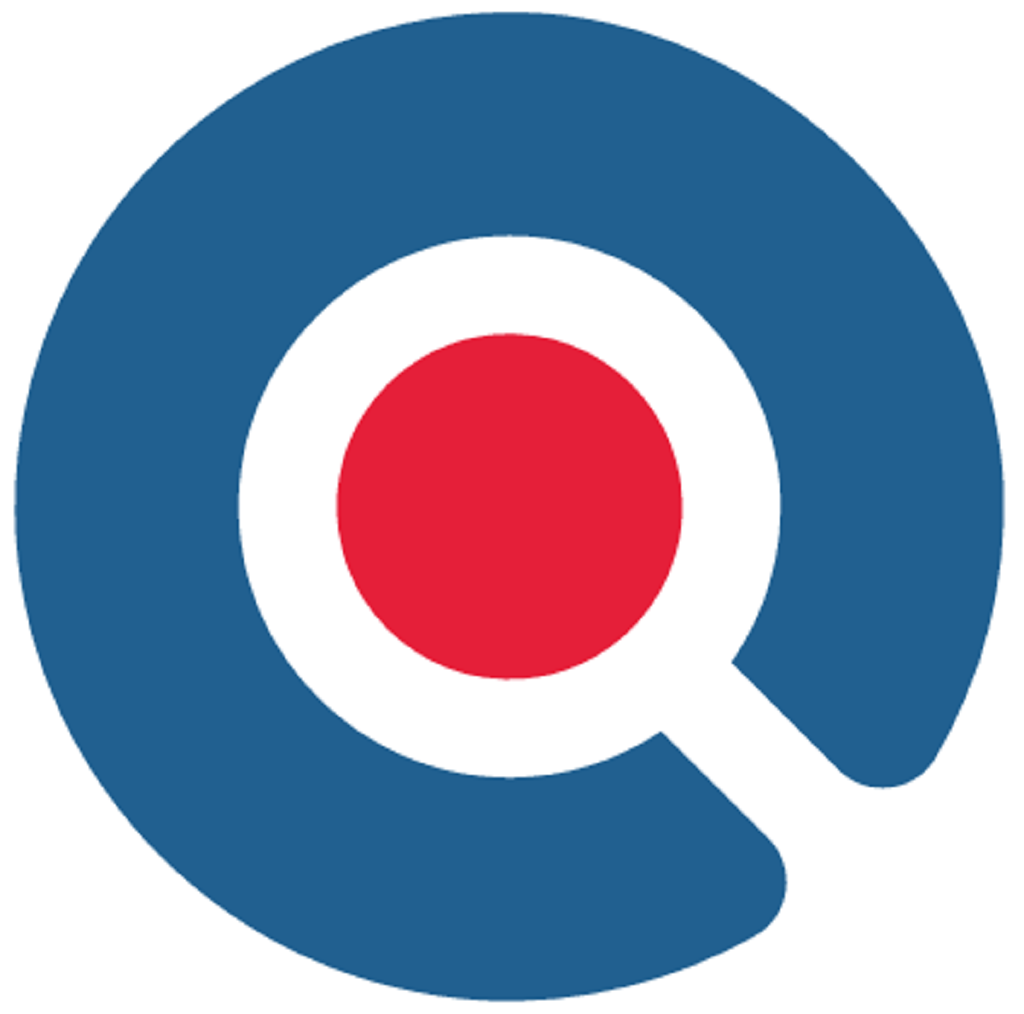How Singapore’s education system has evolved in response to the Covid-19 pandemic?
How has Singapore tackled the Covid-19 pandemic ever since it became widespread last year? More specifically, how has its education system evolved to adapt to the changing needs of students, such as the need for safe distancing and remote learning?
We in Explico are interested in some questions because our mission is to add value and contribute to the education industry. Since we specialize in providing an online assessment and learning tool using AI and Machine Learning, we are at the cusp of an educational reformation where online learning becomes increasingly important.
First of all, we have observed that the Singapore government has done an excellent job overall in containing the pandemic. They offer free testing to all citizens and long-term residents and ensure self-isolation and contact tracing for infected people. They also penalize those found to have violated restrictions by deporting foreign nationals or revoking work passes.
Although there were over 61,000 coronavirus cases and 31 deaths since last year, Singapore has seen months of single-digit or no locally transmitted daily infections after relaxing restrictions last December in a bid to open up the economy. More recently, the government has adopted an aggressive approach again and imposed Phase 2 (heightened alert) after 71 locally transmitted cases were reported in the past week.
Secondly, when it comes to the education industry, it is notable that there are virtually zero coronavirus cases in the three major universities, namely, the National University of Singapore, Nanyang Technological University, and Singapore Management University. The successful outcome was attributed to technology (for monitoring safe distancing), harsh penalties, and a compliant student population.
As for primary and secondary schools, the Ministry of Education (MOE) has offered to supply personal learning devices, such as laptops and tablets, to facilitate home-based learning. Teachers played a part in instructing students on safe management measures to guard their physical health and look out for possible mental health issues.
Despite stringent safe distancing measures, two schoolchildren were tested positive for Covid-19 late last year, probably due to being in contact with an infected person outside school. This past week, two students and a teacher from three primary schools were also tested positive for Covid-19. They have been isolated and placed on quarantine accordingly. To prevent the risk of transmission, all primary and secondary schools, and junior colleges, and Millennia Institute are implementing complete home-based learning from this week onwards until the June holidays. By and large, everything is under control in the education sector, owing mainly to the government’s efforts and the cooperative community.
Nevertheless, as a father of two school-going children, I was naturally concerned about their health and safety when school re-opened at the beginning of this year. I still remember that the first few days were scary for me, as I would wonder if my kids might suddenly develop tell-tale symptoms of Covid-19 infection. Now that there have been several Covid-19 cases in schools, I am relieved that my kids will be studying from home as the schools start implementing the complete home-based learning this week.
Looking forward, it would be interesting to see how the rest of the year 2021 is going to turn out for the education sector because of the Covid-19 pandemic. We all still have to be careful and follow the Phase 2 (heightened alert) safe distancing guidelines closely. These guidelines are necessary for the long term so that the situation can be under control.
Kudos to the Singapore government for changing the policies based on the needs and requirements of the public and ensuring that everyone can take the Covid-19 vaccine too.
Meanwhile, I feel that the Singapore education system has to continue to reform, adapt and grow in response to Covid-19. Professor Looi Chee Kit from the National Institute of Education wrote that the MOE was “hastening the pace of incorporating digital learning by 2021”. He acknowledged the advantages of online learning, such as allowing students to practice self-directed learning at their own pace and have access to various online learning resources, such as video recording and presentation slides.
At the same time, Professor Looi Chee Kit from NTU advocated a holistic learning model that includes distance learning and movement control regulations, and human touch factors. It would help ensure that student participation can be monitored and that students would not drop out due to a weak social presence or low engagement.
Hence, we in Explico are going further into the digitalization of our educational tools to continue our exciting journey ever since our launch last year. In particular, we will use AI to enable more mediated human-to-human and human-to-machine interactions to hold students’ attention and motivation to keep learning. We will also seek to retain aspects of humanistic care and factors critical to productive learning, such as interactive lessons conducted by our caring and experienced tutors.
ASHUTOSH K SHUKLA
CEO & Founder – Explico Pte Ltd



